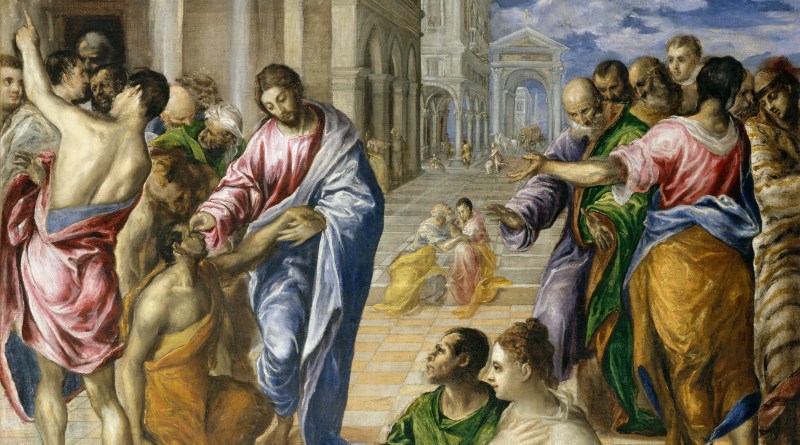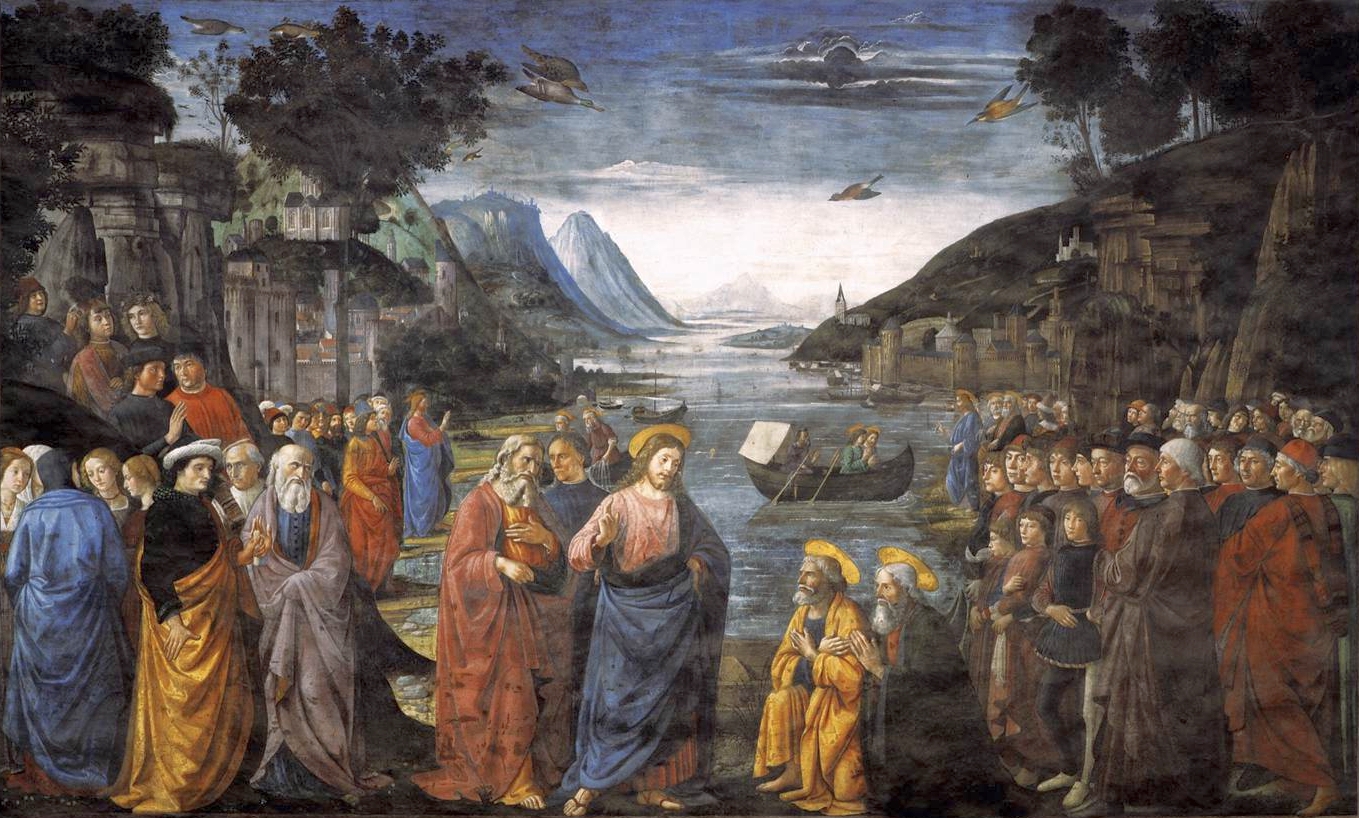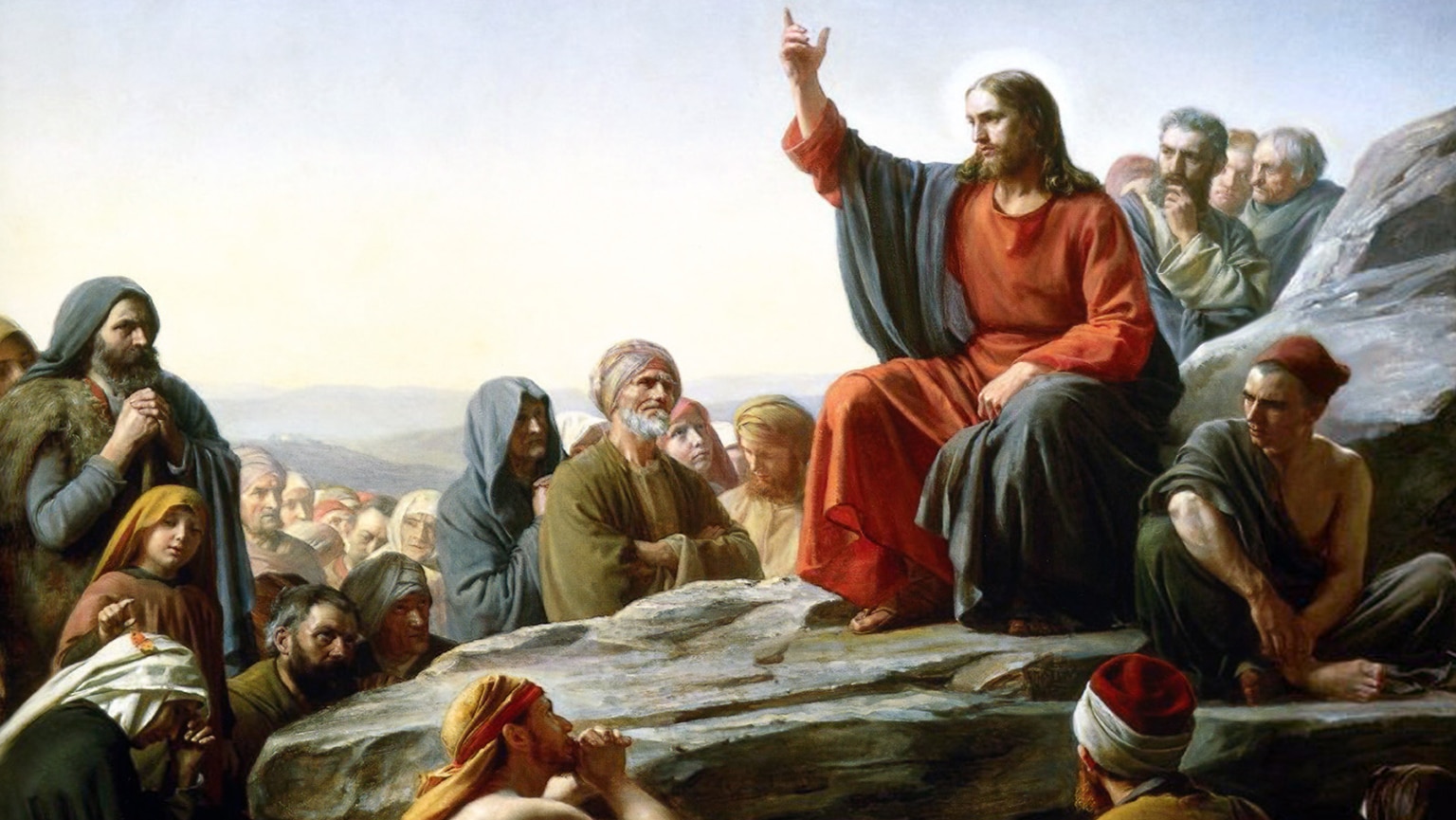Should Catholics Feast?
Years ago, while perusing a dusty old junk shop with a friend, I happened across a tarnished silver serving tray. It wasn’t solid silver—just silver plate—but it was beautiful. It was also five dollars. I bought it on the spot. When I returned home I found some silver polish, cleaned up the platter, and used it to serve hors d’oeuvres at my next dinner party. I felt like the poshest hostess on the block. Considering that, at the time, I lived in a Washington, DC ghetto, that wasn’t much of a stretch.
Should Catholics Feast? Read More »








